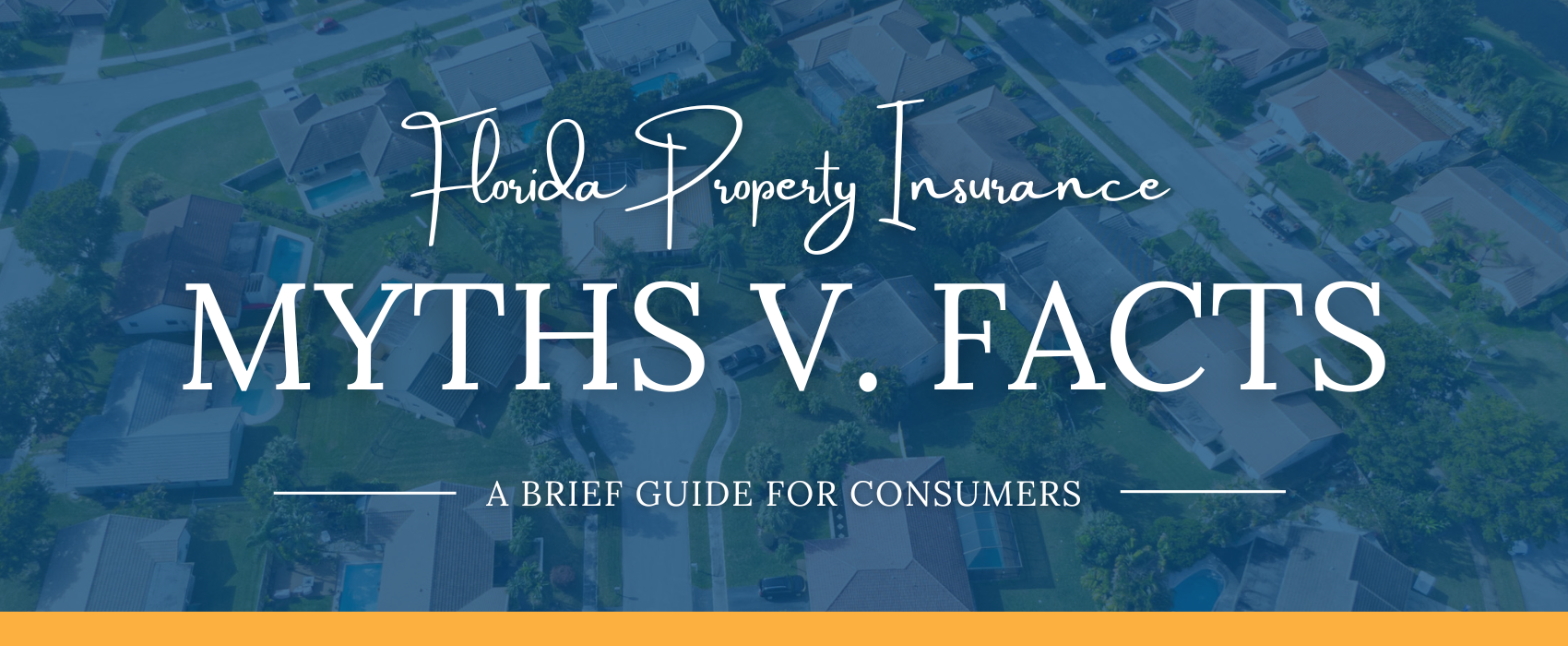Fact: There are several valid reasons (OIR CRF 24.01.A) why a claim may be closed without payment. One of the most common reasons is that the cost of the claim falls below the deductible amount, which is the portion of the insurance that is the homeowner’s responsibility. If the damages cost less than the deductible amount, the insurer does not have an obligation to pay for those damages. A second common reason is when there is no coverage for the losses claimed. If a homeowner files a claim for damage not covered by the policy, the claim will be denied and closed without payment.
A property claim may also be closed without payment if the claim is for damage caused by storm surge or local flooding, which is generally not covered. After major hurricanes, FEMA provides disaster assistance to those affected. However, to qualify, homeowners must file a claim with their insurer first, even if they know the damage is from flooding and not covered by their policy. The denial of the claim is required for FEMA to step in and provide financial assistance.
Fact: Standard home insurance policies do not cover flood damage. Flood insurance to protect against flood-related losses can be obtained from the National Flood Insurance Program (NFIP) or certain private insurers. Find flood insurance resources via Florida’s Office of Insurance Regulation and Department of Financial Services.
Fact: Consumers should consider the entire State of Florida as a flood zone. Even if you live outside a designated flood zone, you are still at risk of flooding due to factors such as heavy rainfall, inadequate drainage systems or overflowing bodies of water. Buying flood insurance is the best way to recover from losses caused by flooding.
Fact: While home insurance does provide coverage for personal belongings, there are usually limits and exclusions for certain types of items, such as jewelry, artwork, and other valuable items. It’s essential to review your policy’s coverage limits and consider additional coverage for high-value items.
Fact: Home insurance is generally adjusted on the replacement cost value of your home, but not necessarily its market value. When the cost of new construction rises, so does the cost to replace or repair existing homes that are damaged. This requires an increase in premium to ensure that the insurance company has adequate funds to repair or rebuild a damaged home.
Fact: Home improvements such as strengthening windows, doors, and roofs can lower your premium. You should always inform your insurer if you’ve added improvements to your home like hurricane mitigation features or have modified your property by installing a pool or building any other structures. Such improvements may change your risk of loss and can affect your rate.
Fact: In Florida, you have one year from the date of the loss to file a property insurance claim. Failing to report damage on time could result in your claim being denied. It’s crucial to familiarize yourself with your policy’s terms and report any damage as soon as possible. Learn more about the claim process in the Homeowners Claims Bill of Rights.
Fact: Insurance companies are not permitted to arbitrarily set insurance rates. They are required to follow strict regulatory guidelines and insurance laws when setting or changing rates. These guidelines determine what rate is adequate for a given kind of risk. All rate changes require approval from the Office of Insurance Regulation, and insurers must provide notice to policyholders when implementing rate increases. Learn more about how Florida property insurance rates are made in this infographic.
Fact: Citizens was created by the Florida Legislature to be an insurer of last resort for homeowners who cannot obtain insurance in the private market. By design, Citizens offers more limited coverage than private insurers. And unlike private insurers, Citizens has the authority to assess (to tax) all of its customers and then all property and auto insurance customers in the state to cover any shortfall in its ability to pay claims. In other words, if Citizens can’t fully pay for losses from a storm, the citizens of Florida must pay.
Fact: While Florida faces particular challenges due to its high susceptibility to hurricanes and the effects of decades of abusive litigation, higher property insurance rates are not unique to Florida. Property insurance rate increases are occurring across the nation as insurers react to market trends driven by the risk of hurricanes, wildfires, floods, tornadoes, and severe convective storms as well as inflation and increased costs to repair/replace homes.
Fact: Legislative changes aimed at improving the insurance market were drafted to apply to future claims, not past claims. As a result, improvements to the market will take time to have their desired effect. But there are signs the market is improving. View the latest Market Pulse for updates on the health of the property insurance market in the wake of historic legislative reforms aimed at restoring competition and increasing consumer choice.
Fact: A public rate hearing is required for any property insurance rate increase of 15% or more that is based all or in part on a catastrophe model. The Office of Insurance Regulation has the authority to hold a public hearing on any rate increase and has recently been holding hearings on increases that are below 15%. Finally, the Insurance Consumer Advocate, who is charged with representing consumers in rate hearings, is a regular participant and is permitted to ask questions of the company representatives. All public rate hearings are streamed live on the Florida Channel. Learn more about how Florida property insurance rates are made in this infographic.


